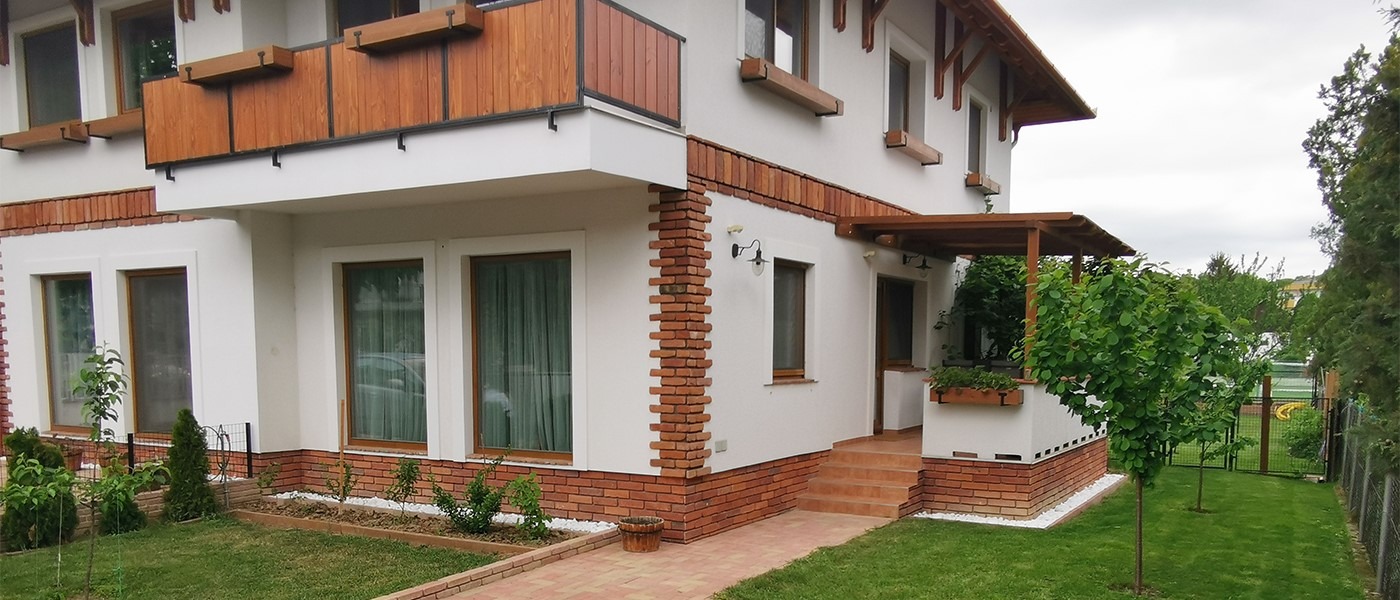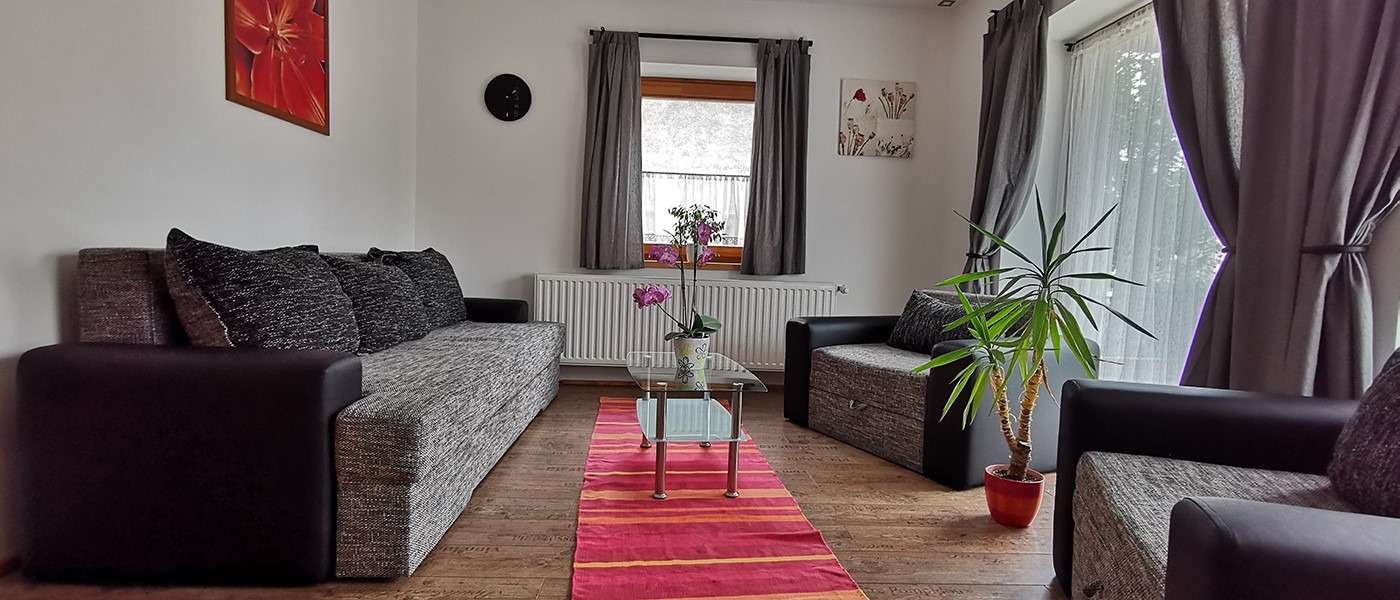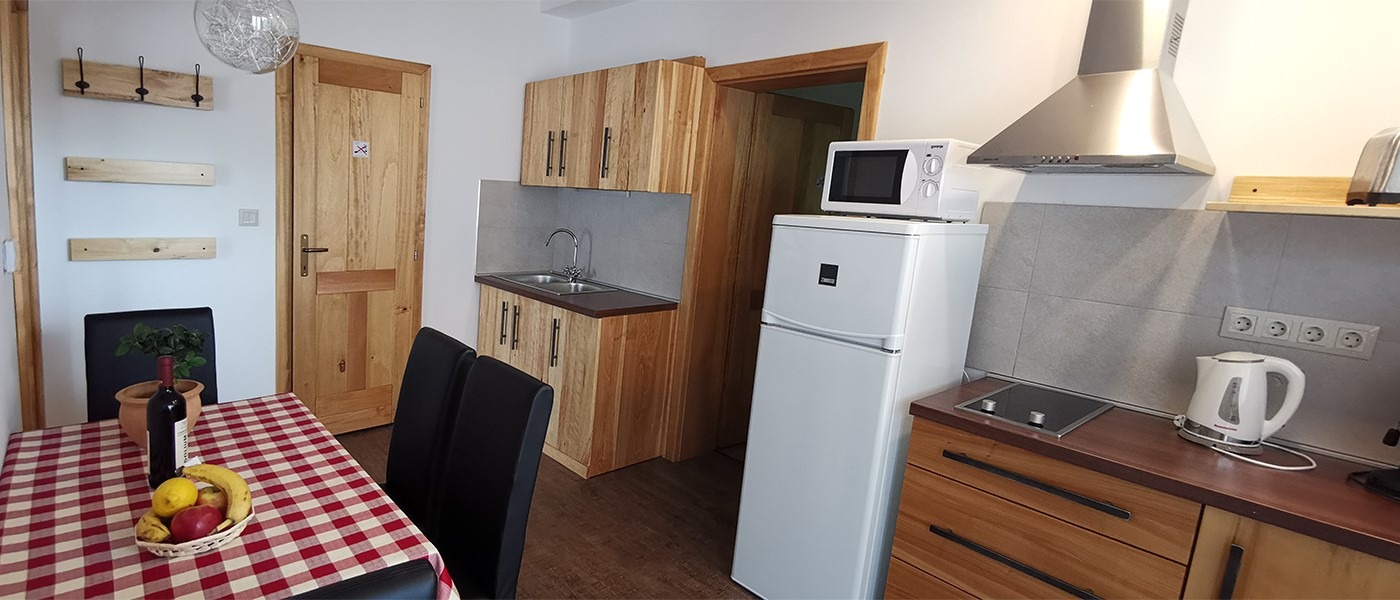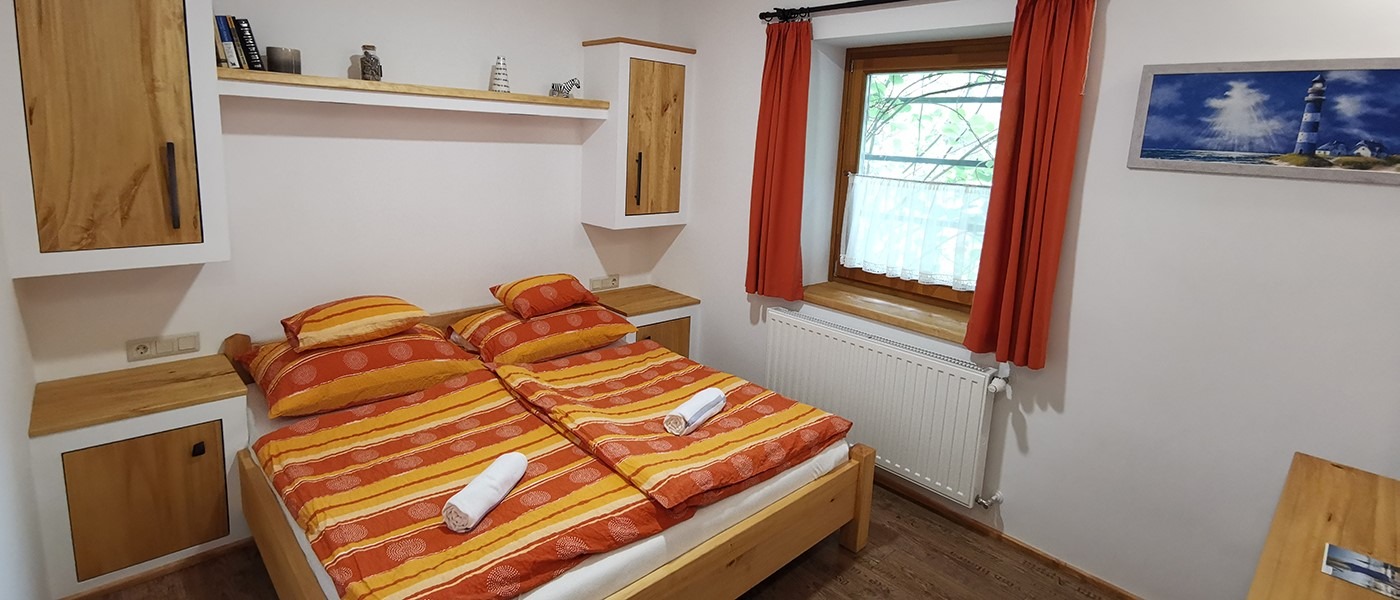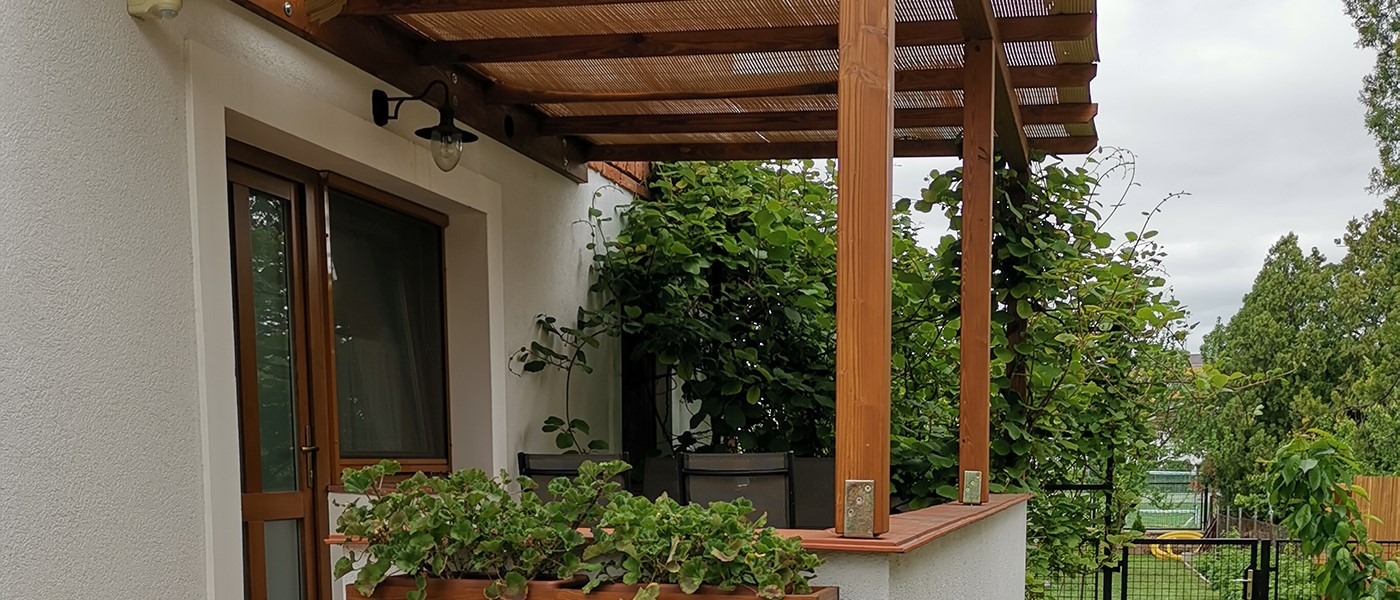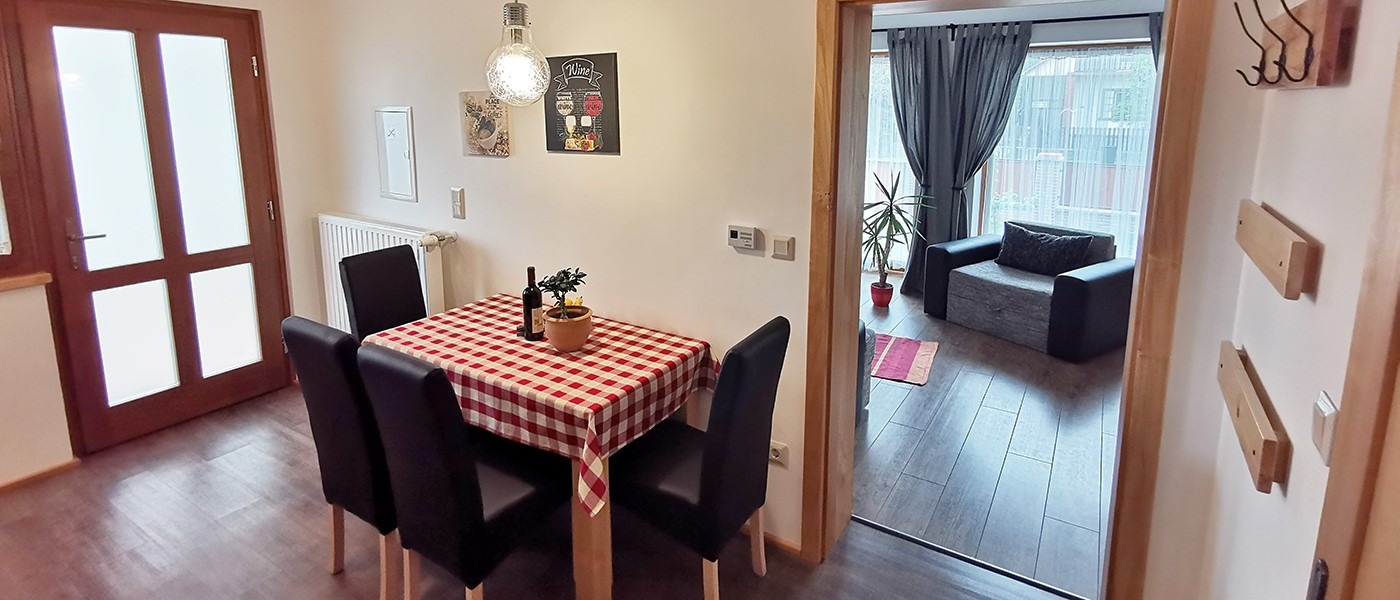Data protection declaration
for the processing of data in accordance with Art. 13 EU General Data Protection Regulation (GDPR)
Data protection and data security are very important to we, the Premium Apartments (hereinafter referred to as “Company”). Therefore, we want to inform you about which of your personal data we collect when you visit our website and for which purposes it is used.
This data protection declaration applies to the Internet informations of the Company, which can be accessed under the domain www.premiumapartmanok.hu (hereinafter referred to as "website").
Definitions
The data protection declaration of the Company is based on the terms used by the European legislator for the adoption of the General Data Protection Regulation (GDPR). Our data protection declaration should be legible and understandable for the general public, as well as our customers and business partners. To ensure this, we would like to first explain the terminology used.
In this data protection declaration, we use, inter alia, the following terms:
-
Personal Data
Personal data means any information relating to an identified or identifiable natural person (“data subject”). An identifiable natural person is one who can be identified, directly or indirectly, in particular by reference to an identifier such as a name, an identification number, location data, an online identifier or to one or more factors specific to the physical, physiological, genetic, mental, economic, cultural or social identity of that natural person.
-
Data Subject
Data subject is any identified or identifiable natural person, whose personal data is processed by the controller responsible for the processing.
-
Processing
Processing is any operation or set of operations which is performed on personal data or on sets of personal data, whether or not by automated means, such as collection, recording, organisation, structuring, storage, adaptation or alteration, retrieval, consultation, use, disclosure by transmission, dissemination or otherwise making available, alignment or combination, restriction, erasure or destruction.
-
Restriction of processing
Restriction of processing is the marking of stored personal data with the aim of limiting their processing in the future.
-
Controller or controller responsible for the processing
Controller or controller responsible for the processing is the natural or legal person, public authority, agency or other body which, alone or jointly with others, determines the purposes and means of the processing of personal data; where the purposes and means of such processing are determined by Union or Member State law, the controller or the specific criteria for its nomination may be provided for by Union or Member State law.
-
Processor
Processor is a natural or legal person, public authority, agency or other body, which processes personal data on behalf of the controller.
-
Third party
Third party is a natural or legal person, public authority, agency or body other than the data subject, controller, processor and persons who, under the direct authority of the controller or processor, are authorized to process personal data.
-
Consent
Consent of the data subject is any freely given, specific, informed and unambiguous indication of the data subject's wishes by which he or she, by a statement or by a clear affirmative action, signifies agreement to the processing of personal data relating to him or her.
Contact
-
Name and address of the Controller
Controller according to General Data Protection Regulation is:
Rights of the Data subject
We take the protection of your personal data seriously and want to protect your rights. We therefore only store your personal data for as long as this is permitted by law for the purposes stated below.
The stored personal data will therefore be deleted if the storage of this data is no longer necessary to fulfil the purpose for which it was stored.
We would also like to draw your attention to your rights, in particular the right to
In all the above cases, please contact us:
If you have reason to complain, you can contact to the supervisory authority primarily responsible:
Collection of personal data,
cookies and types of use
Depending on which of the functions or services of our website you use, it may be necessary to use your personal data. Your personal data will not be used for the types of use specified in this data protection declaration.
-
Informational use of the website
When using the website for information purposes only, if you do not register or otherwise provide us with information, we only collect the personal data that your browser transmits to our server. If you wish to view our website, we collect the following data, which are technically necessary for us to display our website to you and to guarantee stability and security (legal basis is Art. 6 para. 1 lit. f) GDPR):
-
Cookies
We use so-called "cookies". Cookies are small text files that are sent to your browser by our web server within the framework of your visit to our website and are provided by us on your end device for late retrieval. We only use so-called Session-Cookies (also referred to as "temporary Cookies"), i.e. those that are temporarily stored exclusively for the duration of your use of one of our websites.
The cookies used serve in particular for this purpose, determine the frequency of use and the number of users of our websites and identify your end device during a visit to our website or when you switch from one of our web sites to another one and determine the end of your visit. This tells us which area of our website and which other websites our users have visited. However, this usage data does not allow any conclusions to be drawn about the user. At the end of the session, i.e. as soon as you stop browsing, the cookies on your device are also deleted.
This website uses the Transient types of cookies. Transient cookies are used in the training portal and web shop and are automatically deleted when you close your browser. This includes in particular the session cookies. These store a so-called session ID, with which different requests of your browser can be assigned to the common session. This will allow your computer to be recognized when you return to our website. Session cookies are deleted when you close your browser.
You can configure your browser settings according to your wishes and, for example, refuse the acceptance of third party cookies or all cookies. Please note that you may not be able to use all functions of this website.
-
Contact possibility via the website
The website of the Company contains information that enables a quick electronic contact to our enterprise, as well as direct communication with us, which also includes a general address of the so-called electronic mail (e-mail address). If a data subject contacts the controller by e-mail or via a contact form, the personal data transmitted by the data subject are automatically stored. Such personal data transmitted on a voluntary basis by a data subject to the data controller are stored for the purpose of processing or contacting the data subject. There is no transfer of this personal data to third parties. We have no influence on the form of encryption when contacting us directly by e-mail.
If an interested party appointment via the form provided on by entering the personal data listed there, the personal data transmitted by the interested party is automatically stored and processed for the purpose of processing the appointment. There is no disclosure of this personal data to any third parties.
-
Data protection provisions about the application and use of YouTube
On this website, the controller has integrated components of YouTube. The operating company of YouTube is YouTube, LLC, 901 Cherry Ave., San Bruno, CA 94066, UNITED STATES. The YouTube, LLC is a subsidiary of Google Inc., 1600 Amphitheatre Pkwy, Mountain View, CA 94043-1351, UNITED STATES.
With each call-up to one of the individual pages of this Internet site, which is operated by the controller and on which a YouTube component (YouTube video) was integrated, the Internet browser on the information technology system of the data subject is automatically prompted to download a display of the corresponding YouTube component. Further information about YouTube may be obtained under www.youtube.com. During the course of this technical procedure, YouTube and Google gain knowledge of what specific sub-page of our website was visited by the data subject.
If the data subject is logged in on YouTube, YouTube recognizes with each call-up to a sub-page that contains a YouTube video, which specific sub-page of our Internet site was visited by the data subject. This information is collected by YouTube and Google and assigned to the respective YouTube account of the data subject.
YouTube and Google will receive information through the YouTube component that the data subject has visited our website, if the data subject at the time of the call to our website is logged in on YouTube; this occurs regardless of whether the person clicks on a YouTube video or not. If such a transmission of this information to YouTube and Google is not desirable for the data subject, the delivery may be prevented if the data subject logs off from their own YouTube account before a call-up to our website is made.
YouTube's data protection provisions, available at policies.google.com, provide information about the collection, processing and use of personal data by YouTube and Google.
Legal basis for the processing
Art. 6 para 1 lit. a) GDPR is the legal basis for processing operations for which we obtain consent for a specific processing purpose.
Art. 6 para 1 lit. b) GDPR is the legal basis for the processing of personal data for the performance of a contract to which the data subject is a party or for the performance of pre-contractual measures.
Art. 6 para 1 lit. c) GDPR is the legal basis for the processing of personal data in the event of a legal obligation.
Art. 6 para 1 lit. d) GDPR is the legal basis for the processing of personal data where the vital interests of the data subject or another natural person are to be protected.
Art. 6 para 1 lit. f) GDPR is the basis for the processing of personal data in our legitimate interest. This is to be assumed when it comes to the performance of our business activities and when a balance of interests has shown that the performance of the business activities outweighs the rights of the person concerned.
Period for which the personal data will be stored
The criteria used to determine the period of storage of personal data is the respective statutory retention period. After expiration of that period, the corresponding data is routinely deleted, as long as it is no longer necessary for the fulfillment of the contract or the initiation of a contract. If the purpose of the collection and processing of the personal data falls away, the data will be deleted.
Existence of automated decision-making
As a responsible company, we do not use automatic decision-making or profiling.
Cookie policy
Cookies and types of use
This website uses cookies to ensure you get the best experience on our website. Cookies are small text files that are sent to your browser by our web server within the framework of your visit to our website and are provided by us on your end device for late retrieval. We only use so-called Session-Cookies (also referred to as "temporary Cookies"), i.e. those that are temporarily stored exclusively for the duration of your use of one of our websites.
The cookies used serve in particular for this purpose, determine the frequency of use and the number of users of our websites and identify your end device during a visit to our website or when you switch from one of our web sites to another one and determine the end of your visit. This tells us which area of our website and which other websites our users have visited. However, this usage data does not allow any conclusions to be drawn about the user. At the end of the session, i.e. as soon as you stop browsing, the cookies on your device are also deleted.
This website uses the Transient types of cookies. Transient cookies are used in the training portal and web shop and are automatically deleted when you close your browser. This includes in particular the session cookies. These store a so-called session ID, with which different requests of your browser can be assigned to the common session. This will allow your computer to be recognized when you return to our website. Session cookies are deleted when you close your browser.
You can configure your browser settings according to your wishes and, for example, refuse the acceptance of third party cookies or all cookies. Please note that you may not be able to use all functions of this website.




